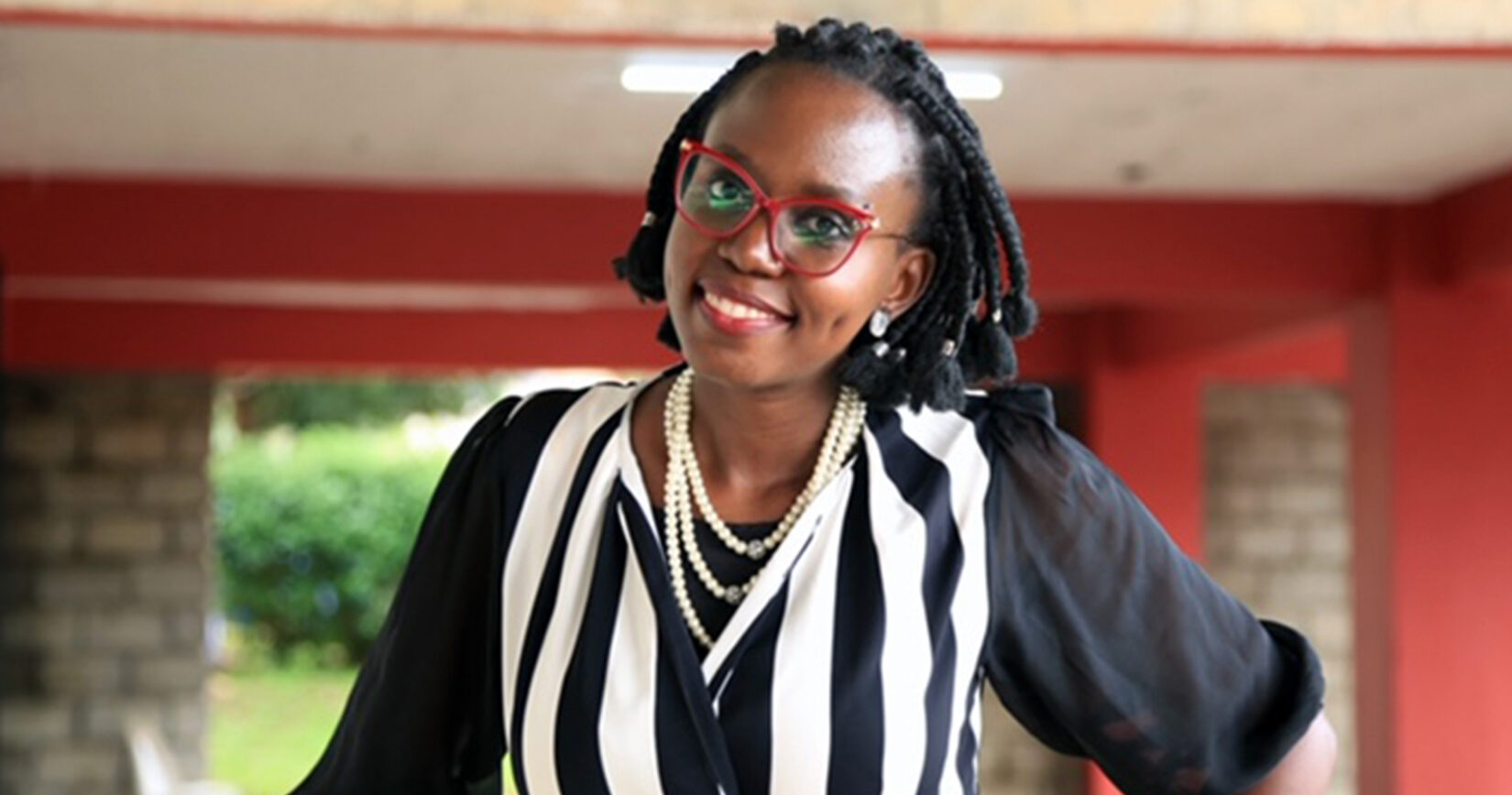
Penelope Sanyu, is a lawyer, author, policy analyst, and change agent dedicated to building the capacity of young people to innovatively engage with and influence public policy in various spaces. She uses social arts as a tool for transformation and has organized several social arts platforms at national level. Penelope has worked extensively with civil society organizations, the women’s movement, and feminist organizations in Uganda. She mentors and coaches young people on transformative leadership and is a certified financial growth coach. She leads a team at Femme Forte Uganda focused on empowering young women.
What does Equal Everywhere mean to you?
Women have a right to be equal everywhere, yet that is far from the current reality. We live in a time of increased violence based on race, gender, sexuality, religion, and other factors. To me, #EqualEverywhere means men and women rising up to create movements that fight gender injustice and find solutions together. My highest commitment is to the Sustainable Development Goals and I am proud that Goal 5 commits the world to ‘achieve gender equality and empower all women and girls by 2030’. Getting to equal will allow us greater voice and the chance to thrive!
Why do you advocate for equal rights for girls and women?
I have lived and shared experiences with the women and girls whom I advocate for. That connection inspires me. As American poet, activist, and author Audre Laude said, “I am not free while any woman is unfree, even when her shackles are very different from my own.” My advocacy is a small part of a bigger effort to liberate women and make them equal everywhere. My vision is to go beyond core advocacy efforts and stop, listen, and care. In an era when civic space is increasingly shut down or constrained, women must be heard and listened to, especially in those arenas where decisions are being made that affect their lives. My organization aspires to fill those spaces so that women seeking equality everywhere are taken seriously.
What motivates you to do this work?
My story and the stories of all the women motivate my efforts to shape and change the narrative around women in my community and in my country. I grew up in a a slum area beset by extreme violence and poverty. I watched women and children in my neighbourhood suffer abuse on a daily basis; I watched as people I cared about and loved grew silent because they feared the consequences of speaking up. Frustrated by the many instances where people abandoned their dreams, I dedicated myself to making a difference in whatever small way I could. I am passionate about allowing women the space to voice their concerns and tell their truth without judgement. I know what it feels like to watch your dreams die, or be fearful of speaking up and failing. I do not want any other woman in my lifetime to feel so disempowered.
What are the main challenges you experience in your work to advance gender equality?
The biggest challenge is disempowering environments and the uphill struggle to mobilize more people to be truly committed to, and believe wholly in, the cause of gender equality. That said, I am a great believer that a small number of people, acting locally and using creative approaches, can make a difference.
What progress are you seeing as a result of your work?
Femme Forte Uganda is strengthening and amplifying womens’ voices so they feel empowered to initiate conversations they would have otherwise shunned. They are questioning and unlearning the things they thought were true and are rising up to tell their stories and influence change in their communities. We run equip circles, which are small spaces that encourage conversations around the issues that affect women the most — for example, body image and integrity in all its forms, financial inclusion and management, and feminist transformative leadership. Equipping women in this way helps address issues around body shaming, sexual harassment, financial independence, and improving the relationship between women and money.
We are breaking stereotypes around having the perfect body, being a perfect victim in sexual harassment cases, and fearing money and success. We speak freely about shame and fear, divorce, and other challenging topics. We are keen about physical, mental, and emotional well-being and we try to incorporate healing in all our programming.
What progress are you seeing in the wider gender equality movement?
The wider movement is gaining solidarity and momentum. Small and big contributions from different people everywhere around the world speak volumes!
We have been approached by different movements to partner and try and build the movement through unconventional and exciting ways. This is like teaching a school a new song — different people catch it at different moments, but when the whole school eventually learns the tune, the harmony is beautiful. This is the journey the gender equality movement is undertaking and I look forward to the day we all learn the song and harmonize peacefully.
 BACK TO STORIES
BACK TO STORIES